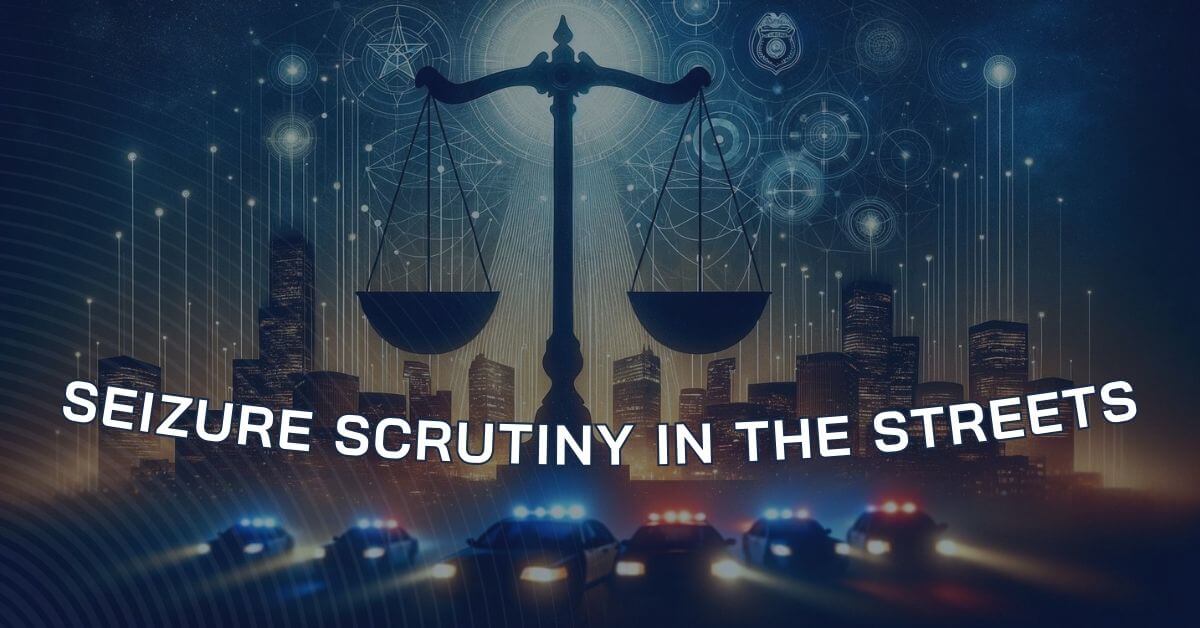A substantial part of our society today is technology’s constant evolution and progression. While technology has significantly advanced law enforcement practices and approaches, it is essential to recognize that this progress also necessitates careful limitations and guidelines. These guiding principles are fundamental to uphold the integrity of law enforcement operations. This legal update underscores the pressing need for law enforcement agencies to consider implementing AI policies. As AI technologies evolve, departments must proactively address the associated challenges. By establishing clear guidelines and training, agencies can harness the benefits of AI while maintaining a commitment to ethical practices, privacy protection, and constitutional obligations.
Purpose of Policy
Artificial Intelligence (AI) has become increasingly essential in law enforcement, enhancing operational efficiency and facilitating the seamless integration and implementation of new devices and technology. Departments must be prepared with the knowledge and tools to integrate AI responsibly, ensuring its use in law enforcement meets industry standards.
This focus of the AI Policy aims to address the challenges presented by artificial intelligence in law enforcement practices while permitting utilization of the potential benefits offered by AI on a limited scale. Specifically, this policy prohibits officers from utilizing artificial intelligence in investigatory matters. This includes but is not limited to writing reports, drafting warrants, completing departmental forms, and performing tasks that necessitate detailed narrative input from officers. This limitation aims to maintain the integrity of the work product produced by the Department’s officers, safeguarding the Department’s adherence to the highest standards of ethics, privacy, and legality.
The use of AI in policing offers unparalleled opportunities for expanding departmental capabilities, data analysis, and more. However, it raises significant concerns regarding privacy, bias, and accountability. Daigle Law Group’s AI policy carefully navigates these concerns, outlining a framework that allows for AI tools in research and investigative functions while regulating their application in report writing, where human discretion, namely the officer’s objective reasonableness, is critical.
Concerns
The requirement for objective reasonableness under the Fourth Amendment, especially when establishing reasonable suspicion, is a central concern with using AI in police report writing. Since law enforcement investigations hinge on specific facts, AI-generated reports fail to meet the stringent legal standards required for case documentation, drafting of warrants, and associated narrative sections of department forms. Importantly, law enforcement’s ability to act often relies on human judgment—where an officer’s assessment of reasonableness is crucial. This policy ensures that technological advancements aid rather than replace the essential judgment and discretion officers must apply.
Training and Supervisory Responsibility
The guidelines in this policy emphasize the critical roles of supervisory responsibilities and the importance of training and awareness regarding using Artificial Intelligence (AI) tools like ChatGPT by OpenAI, Microsoft Copilot, Google Gemini, and xAI Grok, among others. Supervisors are mandated to enforce policy adherence by reviewing their team’s work for originality and encouraging the reporting of any policy violations to either them or the Internal Affairs Division. The department is required to provide awareness training to all personnel. This training will cover the limitations and risks of using AI technologies and detail the consequences of policy breaches. The initiative aims to uphold the integrity of work within the department and ensure the informed, responsible use of AI tools.
Continue Your Education with Path of the Guardian
Learn more about the intersection of law enforcement and artificial intelligence with a special free preview of this week’s Path of the Guardian Training video. “The ‘Artificial’ Officer’s Dilemma” introduces the fundamentals of AI by examining them from a policy perspective in law enforcement.
Learn more about Path of the Guardian, the most effective way to stay up-to-date on training. As a member of Path of the Guardian, you will receive access to a new training video each week in your DLG Learning Center training account. Learn more now.



